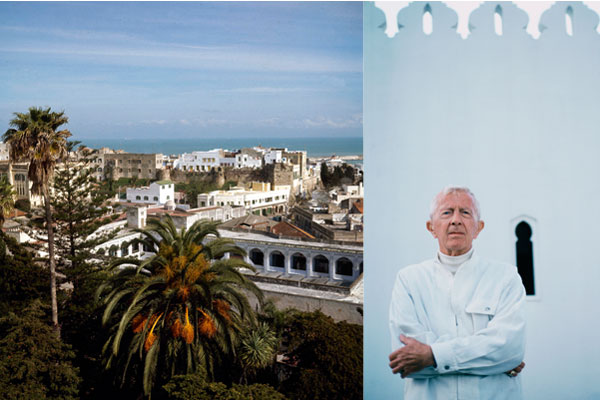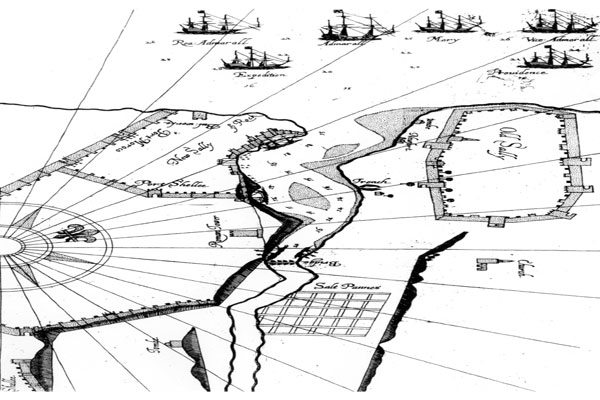The title of Alwyn W. Turner’s book could deter readers. Even the Hollywood film The Secret Lives of Dentists promised more excitement.
John Major sought the creation of a classless society in the 1990s. He confused this with equality of opportunity and social mobility. Efforts to engineer classlessness always end in tears. George Orwell was right: some animals are more equal than others — even in death. Orwell shares an Oxfordshire churchyard with Herbert Asquith.
It was an insipid decade when managerialism triumphed over leadership. Ideas and intellectual rigour were kept in check, and institutions were repeatedly assaulted. After the collapse of the Soviet Union, this inertia may have been influenced by the American academic Francis Fukuyama, who claimed that the clash of ideologies was over. As the victor, liberal democracy represented the universal and final form of human government. There was no need for strong leaders any longer; step forward the managers.
Bill Clinton, instructed daily by focus groups, forsook global leadership for re-election. Warren Christopher, his first secretary of state, personified the clerk as manager. In Russia, communists were replaced by tsarists without the regalia. Helmut Kohl was a managerial mediator between factions and functionaries inside and outside Germany. Under pressure — as in the war — France, under François Mitterrand, found survival more agreeable than leadership.
In Britain Roy Hattersley was heckled at a 1996 meeting when he urged Labour MPs to stick to their principles on becoming ministers. ‘What’s wrong with managerialism?’, they cried. The following year, Tony Blair’s first cabinet contained only three people who had supervised more than the distribution of press releases. For managers, read spin doctors and ministers setting courses by the lights of every passing ship.
Spin was the scourge of the 1990s, and it remains so. Its exponents gave news managers precedence over decision-makers. The fallowness of intellectual debate was exemplified by Anthony Giddens, director of the LSE, in his book The Third Way. Giddens, celebrated for his ‘theory of structuration and the holistic view of modern societies’, oozed the language of sociology. And Blair, in the absence of deeper thought, hailed it as the sacred vessel of New Labour.
Intellectual stagnation was not confined to public life. Most cultural fields lacked daring and creativity. Incisive novels about contemporary Britain were scarce. An exception, rightly highlighted by Turner, was The Vicar of Sorrows by A. N. Wilson, a satire on the disarray in the Anglican church. Television dramas centred on period pieces such as The Darling Buds of May, an adaptation of a comforting H.E. Bates novel set in 1950s Kent. Nor did other dramas cast much light, except soaps with overblown, dispiriting scripts. The cult of celebrities, who were usually talentless but portrayed as role models for the young, became overwhelming.
Titanic was the film with the highest box-office takings, its clunky script appealing chiefly to teenagers and nostalgics. The nation’s youth enjoyed Brit pop, ersatz music modelled on the high peak creativity of the 1960s. It was typified by the blandness of Oasis, a band impervious to innovation, and Blair identified with this ‘Cool Britannia’.
Britain generally exults in the creativity of its fashion industry, but the 1990s marked a rejection of fashion, surrendering to body piercings, hoodies and leggings. The unkempt grunge look captured the mainstream without signalling the birth of a counterculture.
The craze for the Young British Artists ignited. Leading figures included Damien Hirst, known for a shark preserved in formaldehyde, and Tracey Emin, for a dishevelled double bed. The successes of the YBAs led to the openings of a new generation of commercial galleries. Their originality and fearlessness, abnormal for the time, deserves to yield a lasting legacy.
Two other breakthroughs were Tim Berners-Lee’s invention of the world wide web and the introduction of the national lottery by John Major. The latter has revolutionised the arts, heritage and sport to the tune of £30 billion, with an
average of 128 grants per postcode district. Its genesis could be considered the decade’s highpoint.
Yet Major, true to the zeitgeist, suffered reversals soon after his election with a record number of votes in 1992. His disaffected backbenchers and narcissistic ministers combined to undermine him and the ignominy of the country’s ERM exit destroyed his reputation for economic management. In keeping with 1990s dinginess, he was further damaged when a passage on personal responsibility in one of his speeches was distorted. His young press officer told journalists that Major was ‘intent on rolling back the permissive society’. He was not. Pandemonium broke out and humbug pervaded the air. The private lives of public figures were subjected to inquisition and telephone bugging.
Fallouts from adultery, divorce and death gave another institution, the royal family, its vilest decade since the Queen’s coronation. Princess Diana overturned the tables in the House of Windsor. Streetwise and intuitive, with a borderline personality disorder, she bore traces of Shakespeare’s Iago: ‘I will wear my heart upon my sleeve for daws to peck at.’
Three years after Diana’s death, the Queen and Prince Philip joined in the millennium eve celebrations at the Dome. The event was chaotic, with stranded trains, insufficient tickets and vapid entertainment. This fiasco, devoid of creativity, showed that the managers could not even organise a party in a tent.
Got something to add? Join the discussion and comment below.
Get 10 issues for just $10
Subscribe to The Spectator Australia today for the next 10 magazine issues, plus full online access, for just $10.
Richard Ryder is a former Conservative MP and government minister, and
was Tory chief whip from 1990 to 1995
You might disagree with half of it, but you’ll enjoy reading all of it. Try your first month for free, then just $2 a week for the remainder of your first year.











Comments
Don't miss out
Join the conversation with other Spectator Australia readers. Subscribe to leave a comment.
SUBSCRIBEAlready a subscriber? Log in